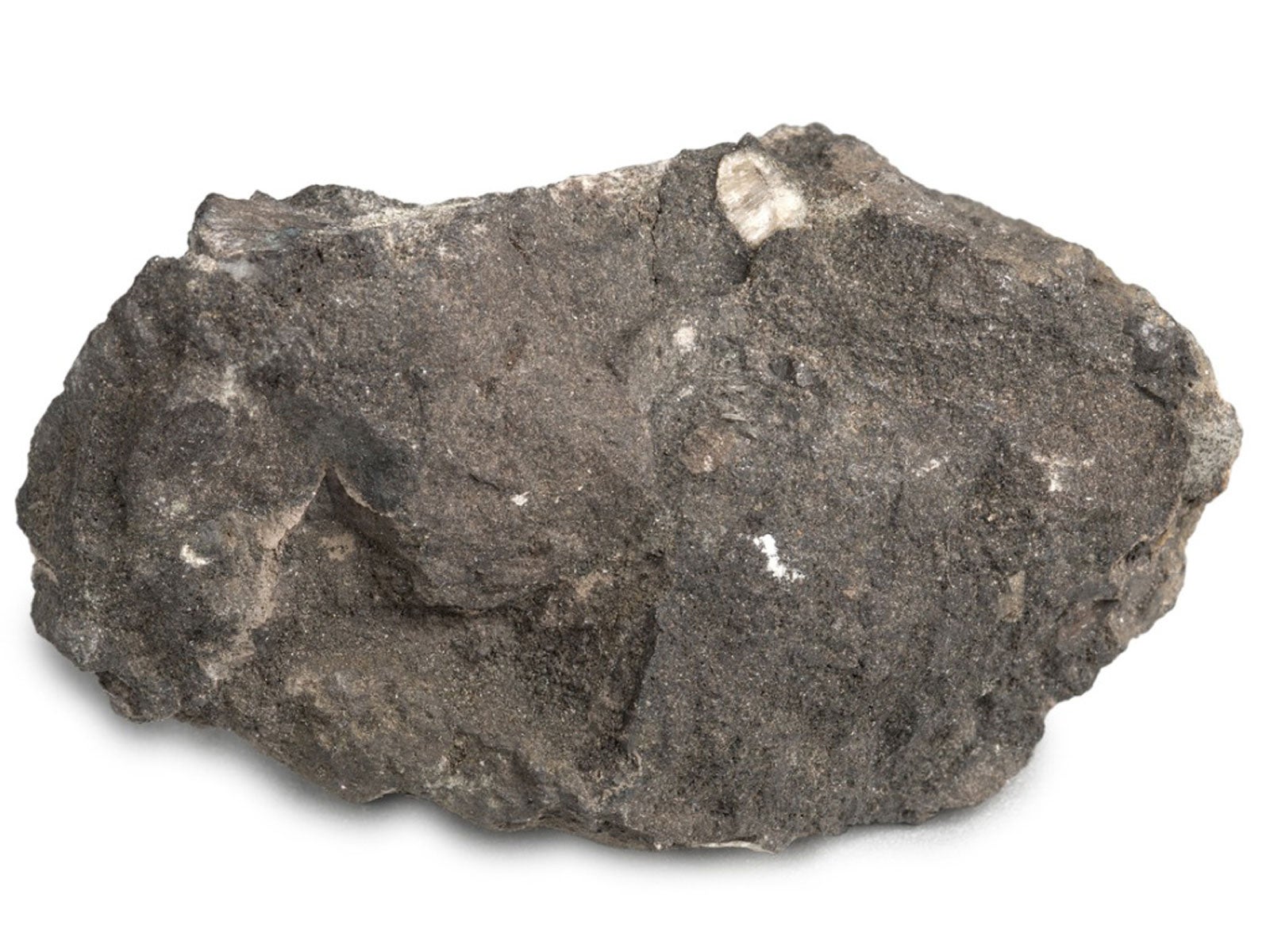What Is Rock Phosphate: The Use Of Rock Phosphate Fertilizer In Gardens


Sign up for the Gardening Know How newsletter today and receive a free copy of our e-book "How to Grow Delicious Tomatoes".
You are now subscribed
Your newsletter sign-up was successful
Rock phosphate for gardens has long since been used as a fertilizer for healthy plant growth, but exactly what is rock phosphate and what does it do for plants? Read on to learn more.
What is Rock Phosphate?
Rock phosphate, or phosphorite, is mined from clay deposits that contain phosphorus and is used to make organic phosphate fertilizers that many gardeners utilize. In the past, rock phosphate was used alone as a fertilizer, but due to a lack in supply, as well as low concentration, most applied fertilizer is processed. There are a number of types of rock phosphate fertilizer available on the market, some are liquid, and some are dry. Many gardeners swear by using rock-based fertilizers such as rock phosphate, bone meal and Azomite. These nutrient-rich fertilizers work with the soil rather than against it as chemical fertilizers do. The nutrients are then made available to plants at a steady and even rate throughout the growing season.
What Does Rock Phosphate Do for Plants?
These fertilizers are commonly called “rock dust” and provide just the right amount of nutrients to make plants strong and healthy. The use of rock phosphate for gardens is a common practice for both flowers as well as vegetables. Flowers love an application of rock phosphate early in the season and will reward you with big, vibrant blooms. Roses really like rock dust and develop a stronger root system and more buds when it is used. You can also use rock phosphate to encourage healthy tree and lawn root system development. If you use rock phosphate in your vegetable garden, you'll have fewer pests, greater yields and richer flavor.
How to Apply Rock Phosphate Fertilizer
Rock dusts are best applied in early spring. Aim for 10 pounds (4.5 kg.) per 100 square feet (30.5 m.), but be sure to read about application rates on the package label as they may vary. Adding rock dust to compost will add available nutrients for plants. Use this compost heavily in your vegetable garden and the nutrients will make up for what is removed when you harvest.
Sign up for the Gardening Know How newsletter today and receive a free copy of our e-book "How to Grow Delicious Tomatoes".

Susan Patterson is a master gardener, author, and educator with more than 30 years of hands-on experience growing vegetables, herbs, and medicinal plants. She specializes in edible gardening, sustainable living, and the practical use of plants for health and wellness. A longtime instructor with the West Virginia Herb Association, Susan is passionate about teaching others how to grow, preserve, and use their own food. Through her books, articles, and her work with Earthenmamma, she empowers readers to cultivate thriving gardens – and healthier lives – wherever they live. She resides in Arizona.